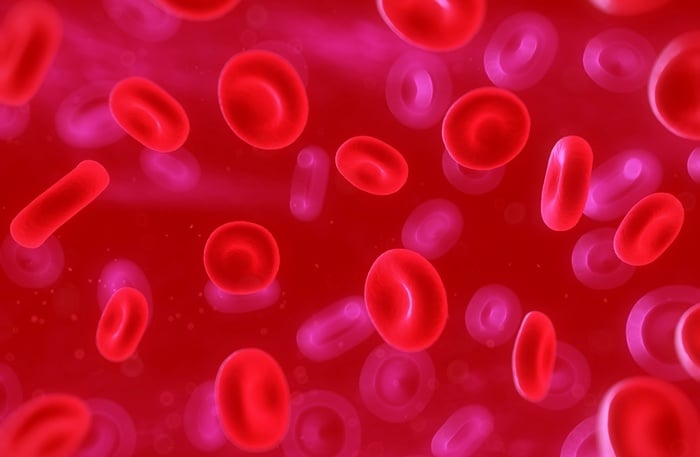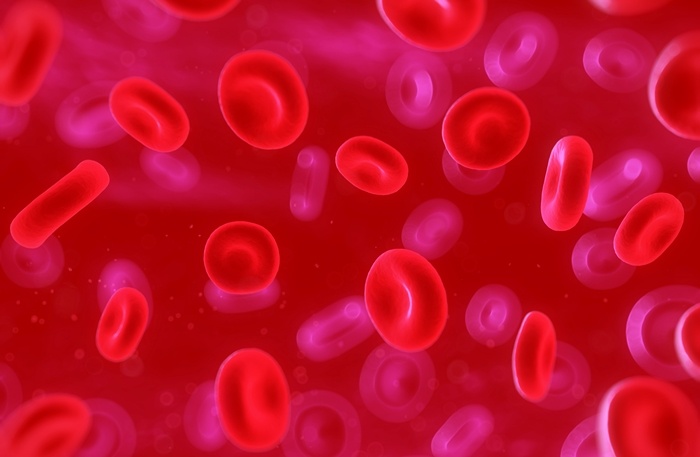
A new research paper published in the journal Stem Cell Research & Therapy discusses the use of mesenchymal stem cells for treating autoimmune dacryoadenitis. The paper discusses some recent findings from other researchers using mesenchymal stem cells to treat the condition.
Autoimmune dacryoadenitis is the inflammation of lacrimal glands, the tear-producing glands in the eyes. It occurs when the autoimmune system mistakenly attacks a person’s own tissue. Dacryoadenitis is associated with a number of autoimmune conditions including Sjogren’s syndrome.
Current treatments for autoimmune dacryoadenitis include eye drops, anti-inflammatory drugs, immunosuppressive drugs, and punctual occlusion. These treatments are all limited in their effectiveness and some have severe side effects. A new form of treatment for the condition is urgently needed and researchers believe mesenchymal stem cells (MSCs) may be the answer.
Researchers have discovered that MSCs have an immunosuppressive capability, which can stop the immune system from attacking its own cells. They can also reduce inflammation, help to repair tissue, and differentiate into many types of cells.
Many studies have already been performed using MSCs to treat conditions like autoimmune uveitis, collagen-induced arthritis, inflammatory bowel disease. While studies have found mesenchymal stem cells to be effective for these conditions, scientists were still unsure if they are effective for treating autoimmune dacryoadenitis.
The paper goes on to highlight some recent findings that show MSCs may in fact be a safe and effective way to treat the condition. You can read the full paper here.
Source: Mesenchymal stem cells for treating autoimmune dacryoadenitis
{{cta(‘d59882b5-74e2-4033-be94-d4c340e1978c’)}}


